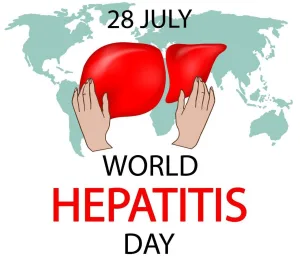Immigration Status and Public Health Disparities in the US
In the United States, immigration status significantly influences an individual’s ability to fully engage in society. This creates inherent hierarchies that impact various facets of life, most notably public health. The disparities arising from immigration status can lead to significant consequences within our communities.
The Impact of Immigration Status on Healthcare Access
Immigration status often dictates access to healthcare services, resulting in:
- Limited or no health insurance coverage.
- Fear of accessing public services due to potential repercussions.
- Language and cultural barriers hindering effective communication with healthcare providers.
- Geographic limitations in accessing healthcare facilities.
Consequences for Community Health
The challenges faced by immigrants in accessing healthcare have far-reaching consequences:
- Increased rates of infectious diseases due to lack of preventive care.
- Higher prevalence of chronic conditions resulting from delayed treatment.
- Poorer mental health outcomes due to stress and discrimination.
- Overall strain on the public health system.
Addressing the Disparities
To mitigate these disparities, several steps can be taken:
- Expanding access to affordable healthcare options for immigrants.
- Implementing culturally competent healthcare programs.
- Protecting immigrant communities from policies that create fear and distrust.
- Investing in community-based organizations that serve immigrant populations.
Final Words
Addressing the public health disparities linked to immigration status is crucial for creating a healthier and more equitable society. By ensuring that all individuals have access to the care they need, we can strengthen our communities and promote well-being for everyone.




+ There are no comments
Add yours